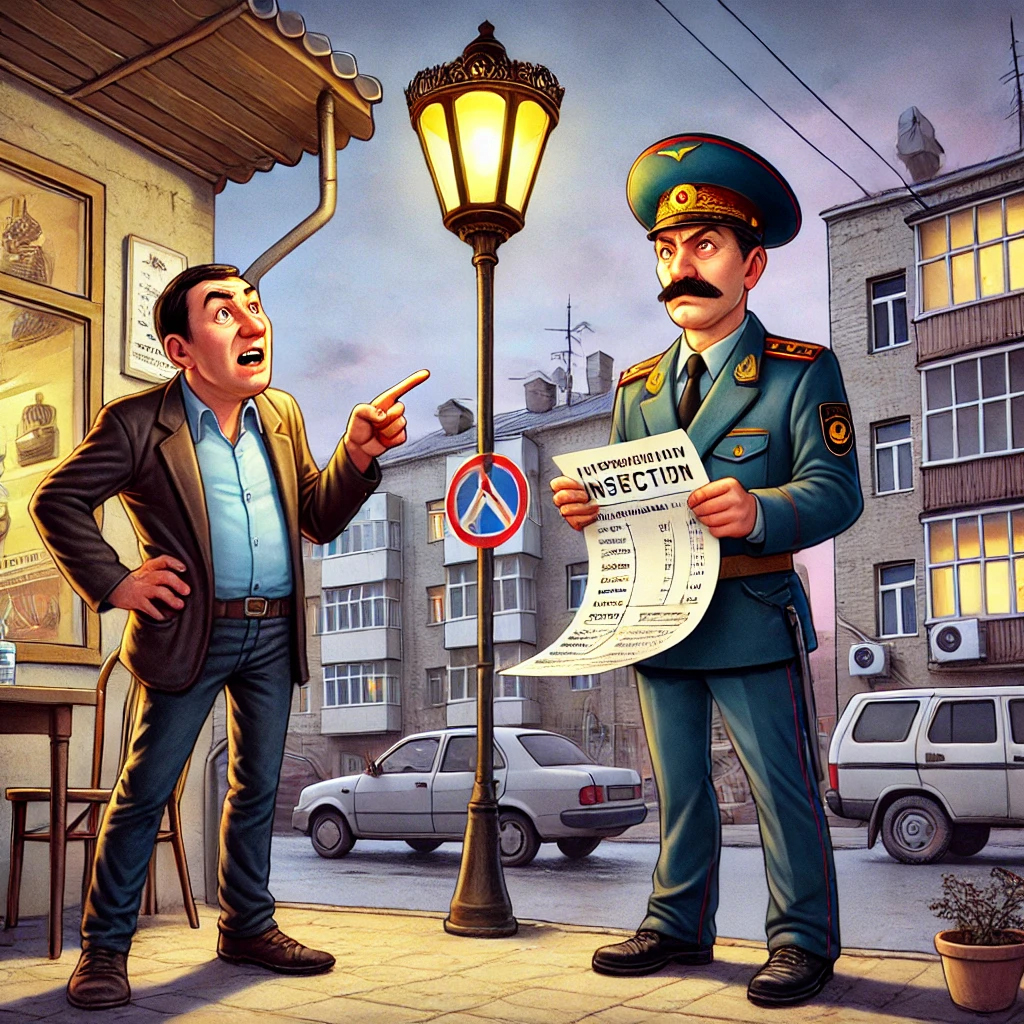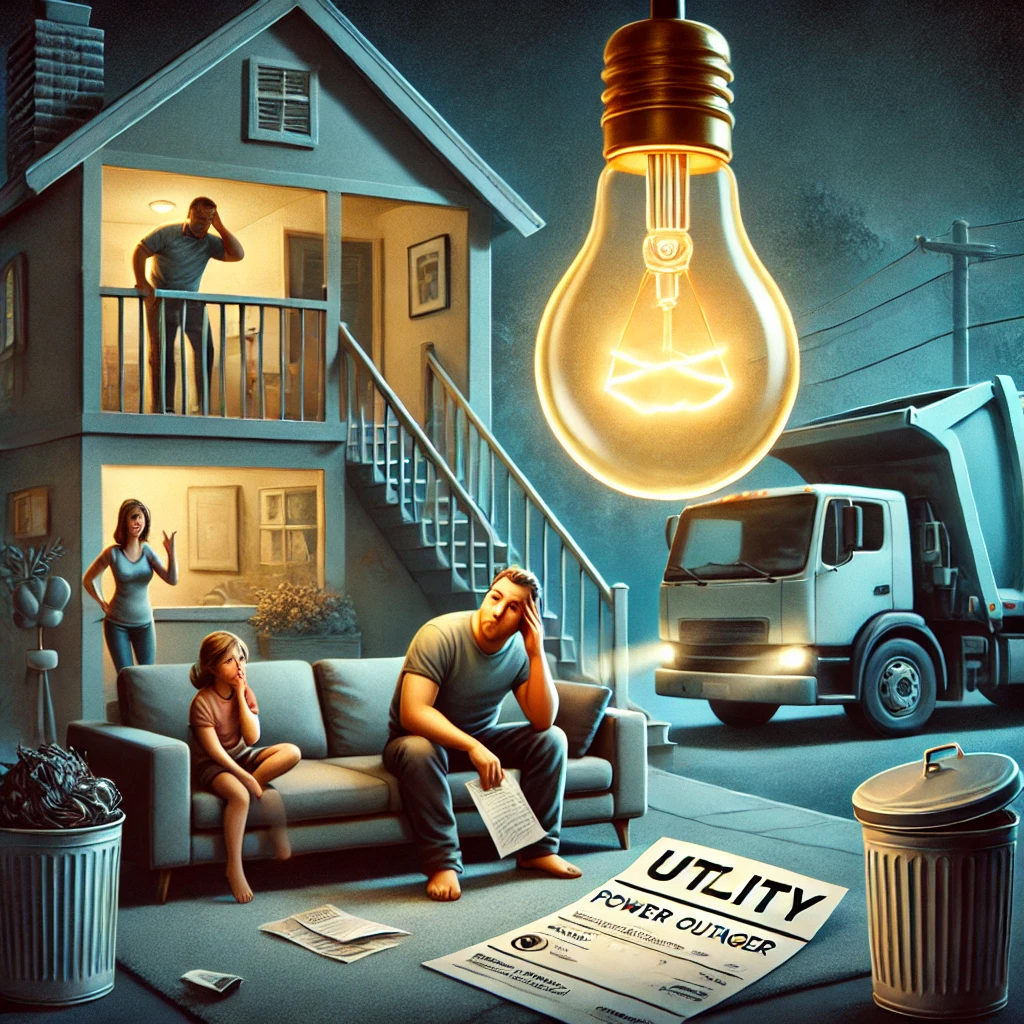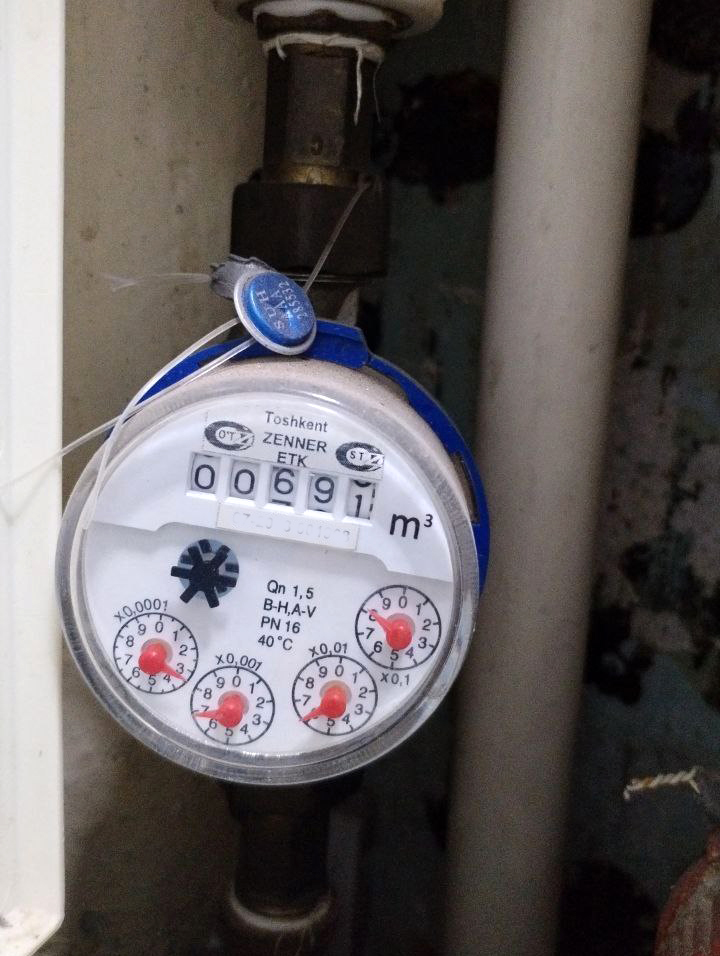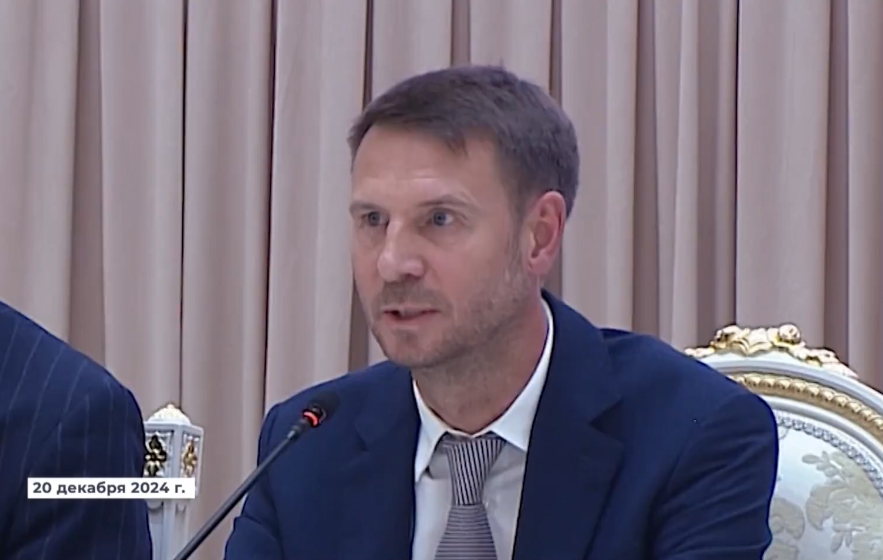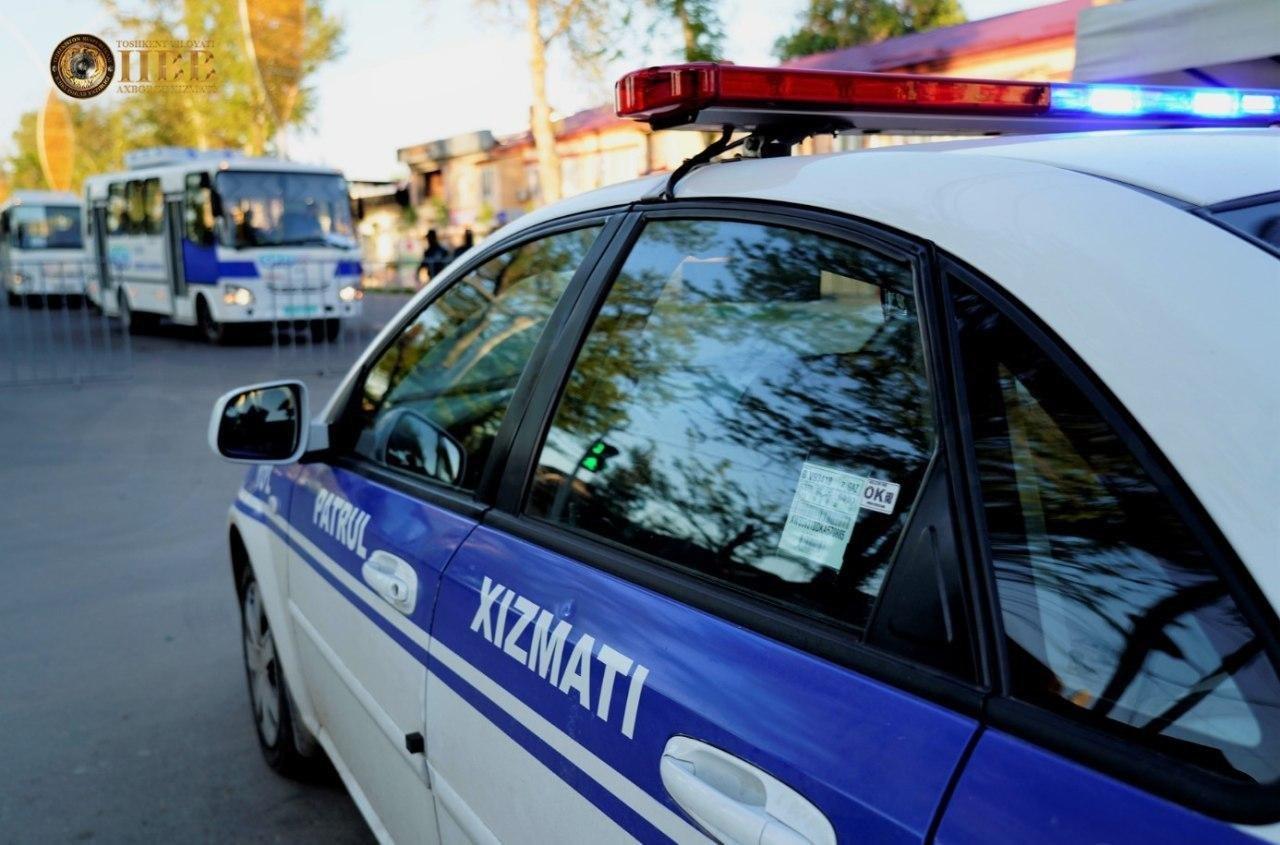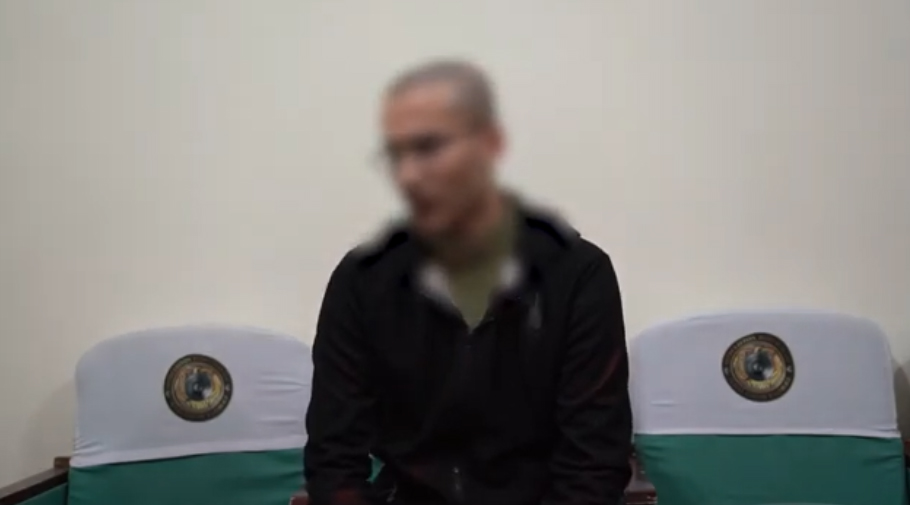This article is also available in:
Русский (Russian)
Uzbek
Tashkent has launched an active campaign against “wasteful use of electricity.” The raids target cafes, shops, and even residential buildings where outdoor lighting or lights in stairwells remain on during the day. Offenders are penalized with fines.
Wasteful electricity usage is, of course, undesirable. But we live in a market economy—a fact authorities repeatedly emphasized when introducing the social norm for electricity usage. Consume more, pay more.
However, a question arises: why are entrepreneurs being punished for this now? If they pay for electricity based on their meter readings, on what grounds are they fined? Isn’t it their right to use what they’ve paid for?
Authorities explain that this is done “to prevent unnecessary energy consumption.” It sounds nice, but it seems that instead of tackling systemic issues, officials find it easier to fine café owners for a lit lamp on their terrace.
Energy conservation is an important goal, but should it turn into a repressive campaign? Perhaps the authorities should start with themselves, for example, by monitoring electricity usage in government institutions.
What do you think—is this really about saving energy, or is it just another way to boost the budget?
The article may contain inaccuracies as it is translated by AI. For more details, please refer to the Russian version of the article. If you notice any inaccuracies, you can send corrections via the Telegram bot: Uzvaibik_bot.

